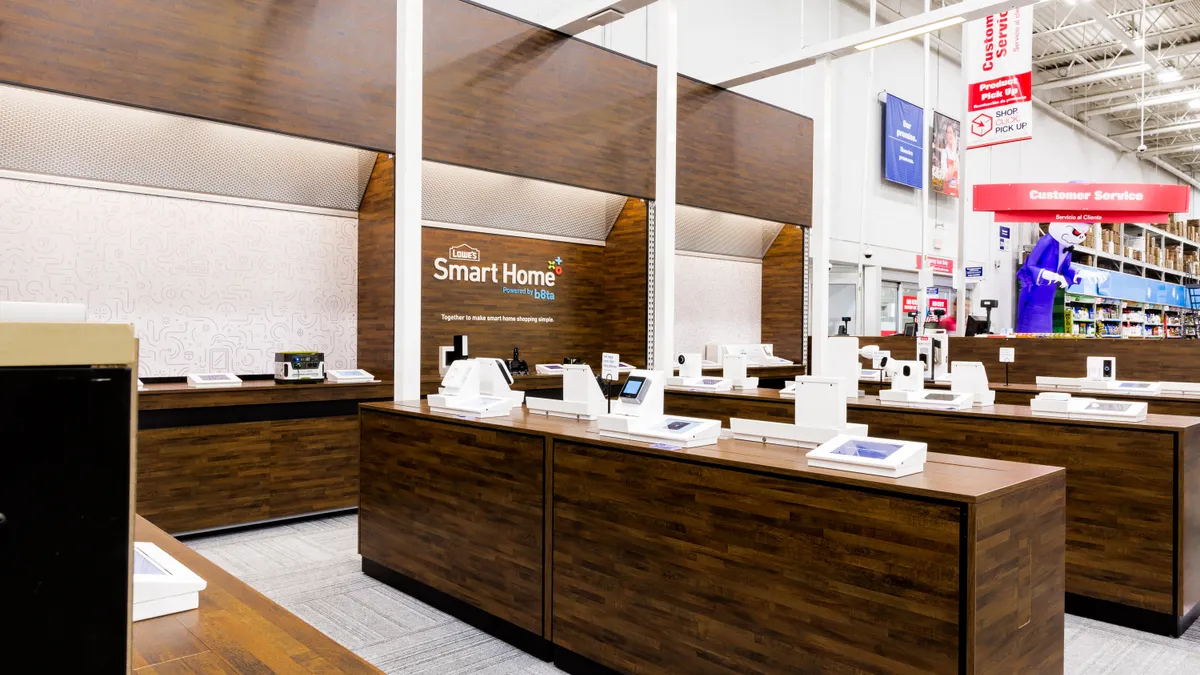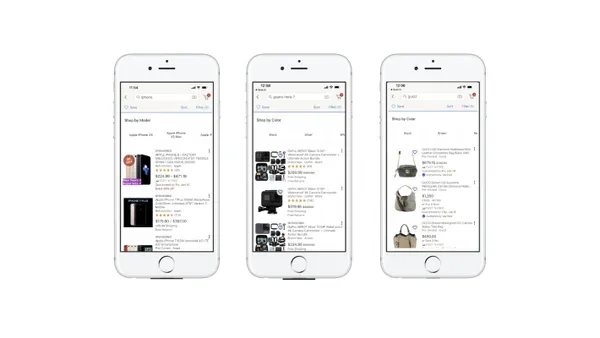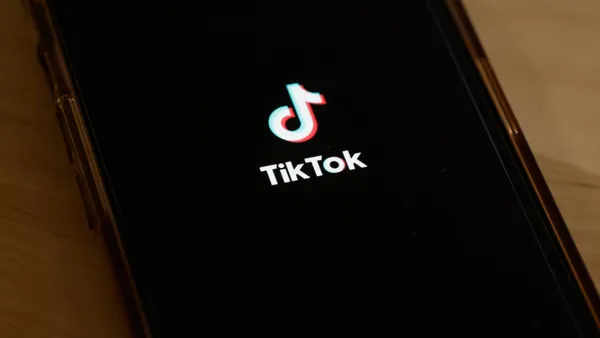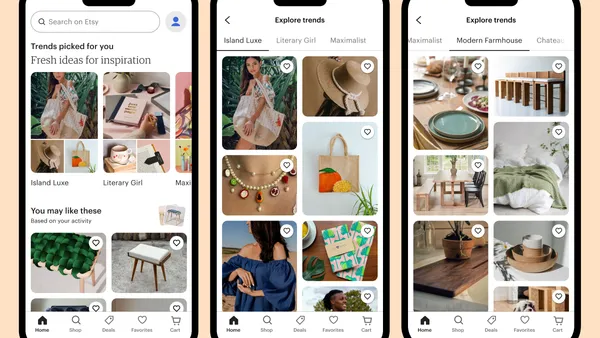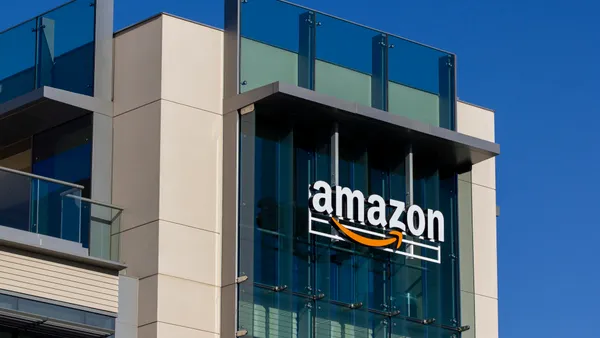Dive Brief:
- Almost 75% of consumers who said they plan to purchase a smart home device deem it essential that it connects seamlessly to other products in their home electronic network, according to a new study from Parks Associates. The report, Interoperability and the Internet of Things, said this demand is stronger than brand loyalty, with fewer than 60% saying it is important that a future smart device purchase be the same brand as their current products.
- Of U.S. households with broadband, 32% currently own at least one connected device and more than half (50%) plan to buy a smart home device in the coming year, according to a summary of the report emailed to Retail Dive.
- More than 33% of consumers employ individual apps for separate devices, and do not have an app to control multiple products, such as the new Amazon Fire TV Cube. But 25% of owners of the smart home devices are able to control all or some of their smart devices using a home security app.
Dive Insight:
This new study appears to be good news for Amazon and Google, which collectively have the most smart home products. According to the report, consumers want their home networks of smart devices to work smoothly together, regardless of brand, although buying from the same brand remains a consideration. It’s the first step toward an in-home Internet of Things.
Amazon Echo, Google Home and Works with Nest are practically tied as the platforms used most often to control smart home devices by 22%-23% of U.S. households, reported Parks Associates. Nest was acquired by Google in 2014, and Works with Nest allows third-party devices, including Amazon Echo and Google Home, to communicate with Nest products. In a related move, Amazon this year acquired smart-doorbell and security firm, Ring.
A recent study by Adtaxi showed that consumers are eager to use voice and augmented reality technologies to enhance their online shopping experiences. But a study by Episerver revealed that while 39% of consumers now own voice-assisted devices, 60% never browse the internet with them and fewer use the devices to complete purchases.
However, these are the early stages of availability and adoption. As both increase and they will, browsing and transactions will too.
"Consumer adoption of smart home products is driving expectations that devices work together seamlessly," said Brad Russell, research director, Connected Home, Parks Associates, in a press release. "Consumers are buying outside of a single brand’s ecosystem, so they are demanding product interoperability, with popular ‘hero’ devices like smart speakers and smart thermostats carrying the most importance."
Voice interfaces, which provide convenience and flexibility at increasingly low prices, are driving much of the acceptance of smart home devices. The study said that while some may say voice control does not provide true interoperability, it is the interface that gets consumers excited about home automation.
Of the two leaders, Amazon Echo is the most familiar to consumers who intend to purchase smart home devices, and they appreciate its integration with other products, the Parks report said. Integration with Amazon Echo is rated important by 34% of these shoppers, while 26% believe interoperability with Google Home to be important.
Fifty percent of the consumers responding to the Parks study said it is most important that a product be from a well-known established brand, according to MediaPost. This purchasing factor was followed by brands that work with other products in a home, by 49%; brand known for innovation, by 43%; the same brand as another smart product owned, by 35%; and same brand as a smartphone, by 32%.
While the adoption of smart home products is expanding, the number of home control systems remained about the same from a 2016-2017 study. Of smart home device owners, 40% have some kind of control system. This may be either integrated with home security, in a monitored home separate from security, or home controls in a home that is not monitored, the Parks study said.
The study also noted that robust data security and ease of setup must exist side by side. Amazon has started offering smart home security product and service bundles ranging in price from $240 to $840.


